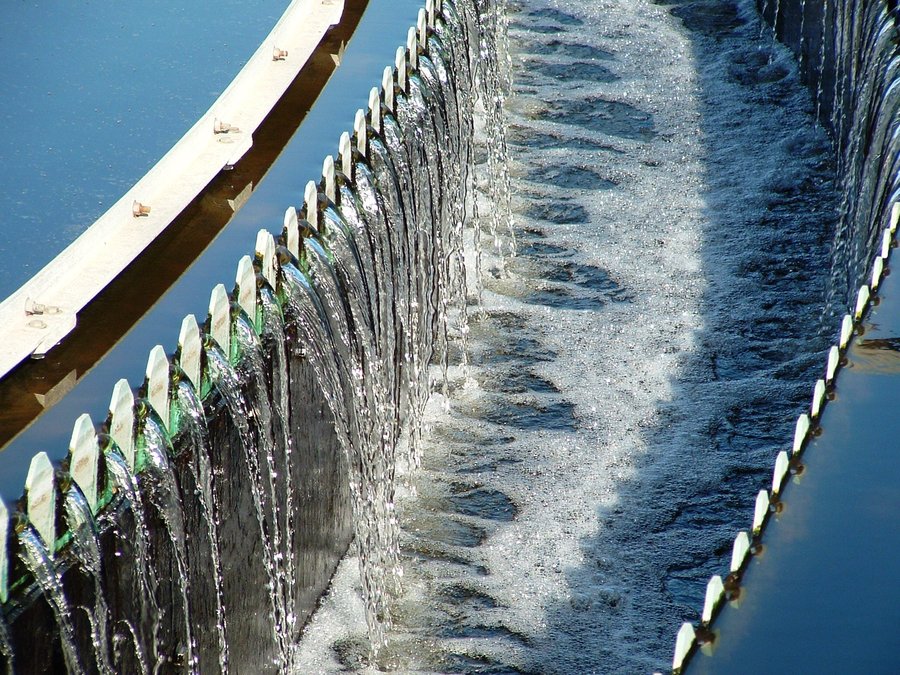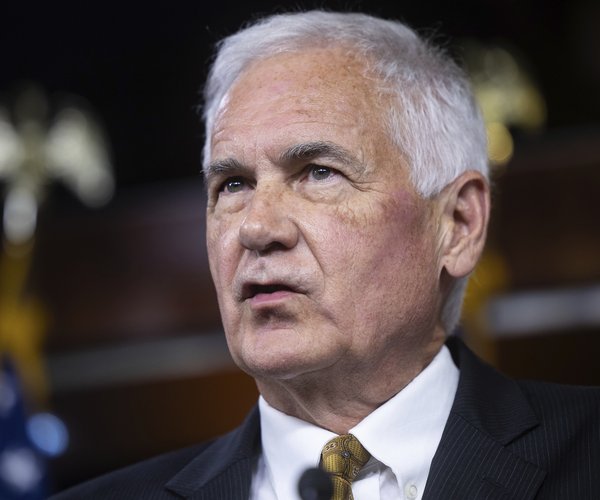The Turlock City Council unanimously approved new sewer rates on Tuesday that will see residential users paying a little less every month and increases for industrial users between 200 and 400%.
“We’re pretty aware this is a significant change,” said Municipal Services Director Christopher Fisher regarding the steep increase in rates all of Turlock’s industrial customers will pay.
According to Fisher, the city’s current sewer rate revenue is barely covering operating expenses and is not covering debt service and capital improvement needs. The aging sewer system requires significant additional investment to meet service standards. If no rate increases are implemented, the city is projected to run an annual deficit starting in 2025 and would grow to approximately $8.7 million by FY 2028/29, and the city would struggle to meet its debt service coverage requirements.
In 2022, the city contracted with NBS to conduct a sewer rate study. The study found that residential customers currently account for 60% of all sewer rate revenue collected by the city, but the cost-of-service analysis determined that residential customers only account for approximately 38.4% of the net revenue requirements. Conversely, the city currently collects 7.2% of revenue from commercial/institutional customers and 32.8% of revenue from industrial customers, but the cost-of-service analysis indicates that commercial/institutional customers account for 9.2% of net revenue requirements and industrial customers account for 52.4% of net revenue requirements.
The new sewer rates will see a slight decrease for residential users, approximately $5 a month, however, industrial users will see the brunt of the new rates, increasing anywhere from 200 to 400%. The new rates will be effective Jan.1, 2025.
Multiple industrial users protested the sewer rate changes at Tuesday’s meeting, finding fault not only with the drastic increase, but also with the timing of the changes. The council first addressed the issue in late June. Many businesses operate on a July to June fiscal year and adopt their operating budgets way before July 1, leaving no time to account for an exponentially higher sewer rate in their 2024-25 operating budget.
“Those manufacturers in Turlock’s service area are deeply concerned about the proposed sewer rate increases being hurriedly brought for adoption before this council…We understand that there has been no rate increase for services for the sewer for the last 11 years and no rate study since 2008. So, the current study was authorized more than two years ago, but now we’re in a hurry. That doesn’t make sense. The city’s failure to plan is not a sufficient reason to hurriedly adopt a new rate structure and not provide planning horizons for the system’s largest users to plan accordingly. This process is not a business or economic development friendly strategy,” said Maryn Pitt, former assistant to the city manager for Turlock, speaking on Tuesday as the policy director for the Manufacturer’s Council of the Central Valley.
Jeff Segars, representing the Foster Farms plants in Turlock, said the company understands there needs to be a rate increase but was “shocked” when city staff showed him a mock-up bill with a 300% increase.
“The process needs to be paused, we need to look at phase-in opportunities and there needs to be exploration of other options,” he said.
Travis Hill, representing Blue Diamond Growers in Turlock, was said the city’s process lacked transparency and noted the recent $5 million investment Blue Diamond made in capital infrastructure that will support the upgrades needed at the treatment plant.
“Hearing this increase concerns us because, as expressed by other individuals, it’s a 400% increase potentially that may hit our budget. To summarize that in financial terms, about $300,000 increase in operating costs for our facility here in Turlock. These dollars will not only put an impact on the business, but also our employees and also our small-family growers with the coop,” said Hill.
A representative from California Dairies said the increase will not only affect their current operating budget, but any future growth possibilities.
A Denair Community Services District representative said the district sends the Turlock treatment plant 9 to 10 million gallons a month. The new rates will see the district’s costs go up $250,000 a year, which will in turn increase their residential users’ bills about $14 a month.
Not everyone at Tuesday’s meeting was opposed to the rate changes.
Richard Decker, along time Turlock resident, said that he’s on Social Security so any decrease of the bill “is positive for us.”
Milt Trieweiler, a candidate for the council’s district 2 seat, also voiced his support for the new sewer rates.
“The sewer rate system is equitable and just. It charges the people and users who create the most waste, the most money,” said Trieweiler.
After hearing the support from residents and protests from Turlock’s industrial users, the council adjourned for a closed meeting to discuss possibilities. When they returned, they had the city’s special counsel answer questions about Prop 218 (the California constitutional amendment regarding taxes and user fees) before voting to approve the rate changes.
“Prop 218 requires you to adopt proportionate rates and this cost of service study has shown that you need a realignment to make those rates proportionate,” said the city’s special counsel.





